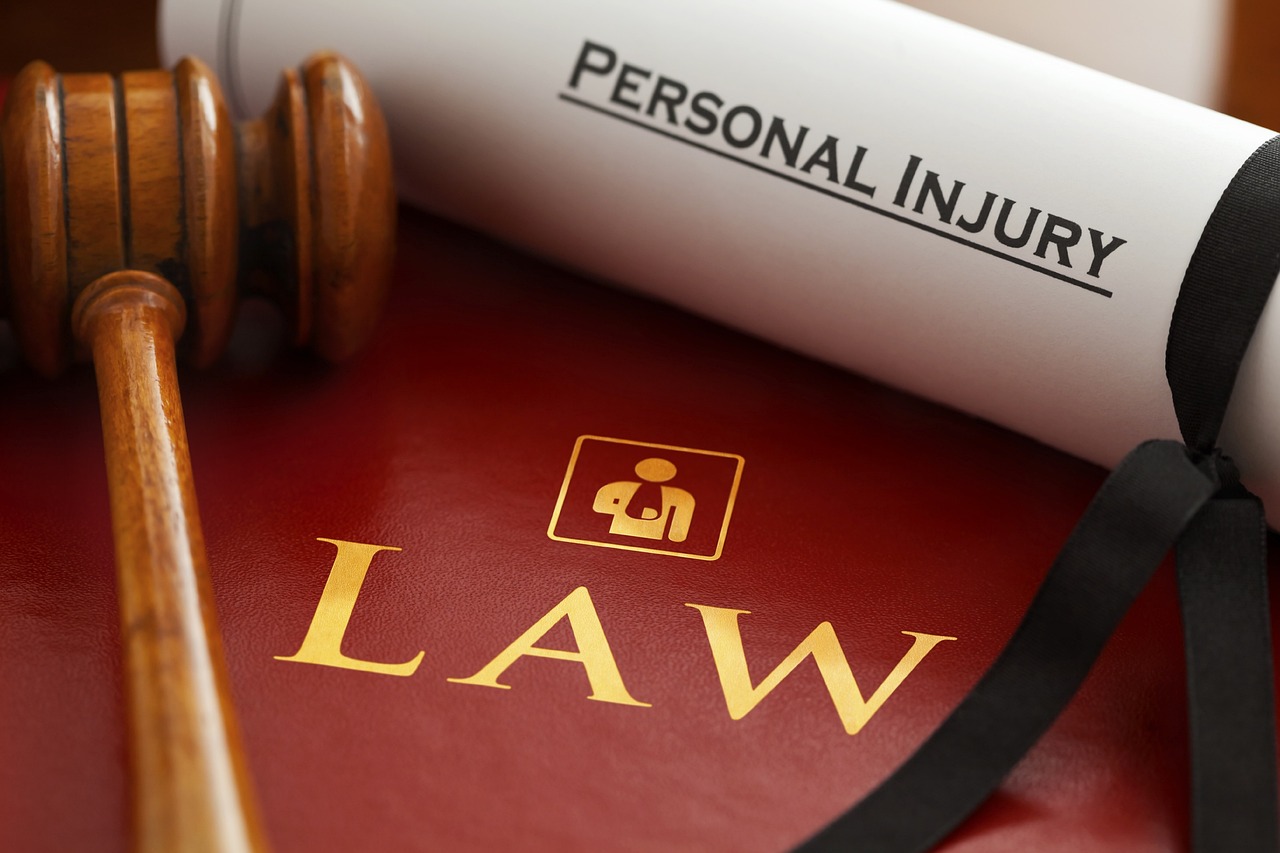Understanding Limited Partnership Liability
Exploring the Basics of Limited Partnerships
Limited partnerships (LPs) are a common business structure that combines elements of general partnerships and corporations. In an LP, there are two types of partners: general partners, who have unlimited liability for the debts and obligations of the partnership, and limited partners, whose liability is limited to their investment in the partnership.
Understanding General Partner Liability
General partners in a limited partnership have unlimited personal liability for the debts and obligations of the business. This means that if the partnership is unable to meet its financial obligations, creditors can pursue the personal assets of the general partners to satisfy those debts. It’s essential for general partners to understand and manage this potential liability risk.
Exploring Limited Partner Liability
Unlike general partners, limited partners in a limited partnership have limited liability. Limited partners are typically only liable for the debts and obligations of the partnership up to the amount of their investment in the business. This limited liability protection is one of the primary advantages of being a limited partner in an LP.
Understanding Fiduciary Duties
General partners in a limited partnership owe fiduciary duties to the partnership and its other partners. These duties include duties of loyalty, care, and good faith. General partners must act in the best interests of the partnership and its partners, avoid conflicts of interest, and exercise reasonable care and diligence in managing the business.
Managing Liability Risks
To manage liability risks in a limited partnership, general partners should take proactive steps to protect themselves and the partnership. This may include obtaining appropriate insurance coverage, implementing risk management strategies, and ensuring compliance with all legal and regulatory requirements. By addressing potential risks upfront, general partners can minimize their exposure to liability.
Ensuring Compliance with Partnership Agreements
Partnership agreements are essential legal documents that govern the operation of a limited partnership. These agreements outline the rights, responsibilities, and obligations of the partners, as well as the rules for decision-making, profit-sharing, and dispute resolution. General partners must ensure compliance with the terms of the partnership agreement to avoid potential legal issues.
Seeking Legal Guidance
Navigating limited partnership liability can be complex, especially for general partners who bear the brunt of personal liability. It’s essential for general partners to seek legal guidance from experienced business attorneys who can provide personalized advice and assistance. An attorney can help general partners understand their rights and obligations, assess potential risks, and develop strategies to protect themselves and the partnership.
Maintaining Transparency and Communication
Effective communication and transparency among partners are crucial for managing limited partnership liability. General partners should keep limited partners informed about the financial performance and operations of the business, as well as any significant developments or decisions that may affect their interests. Open communication can help build trust and mitigate potential disputes.
Continuous Monitoring and Evaluation
Limited partnership liability is not static and may evolve over time as the business grows and changes. General partners should continuously monitor and evaluate the partnership’s financial health, operations, and legal compliance to identify potential risks and opportunities for improvement. By staying vigilant and proactive, general partners can effectively manage limited partnership liability and ensure the long-term success of the business.
Conclusion
In conclusion, navigating limited partnership liability requires a comprehensive understanding of the legal and financial implications of this business structure. General partners must be aware of their personal liability risks and take proactive steps to manage and mitigate those risks. By seeking legal guidance, maintaining transparency and communication, and continuously monitoring and evaluating the partnership’s operations, general partners can effectively navigate limited partnership liability and protect themselves and the business from potential legal issues. Read more about limited partnership liability










